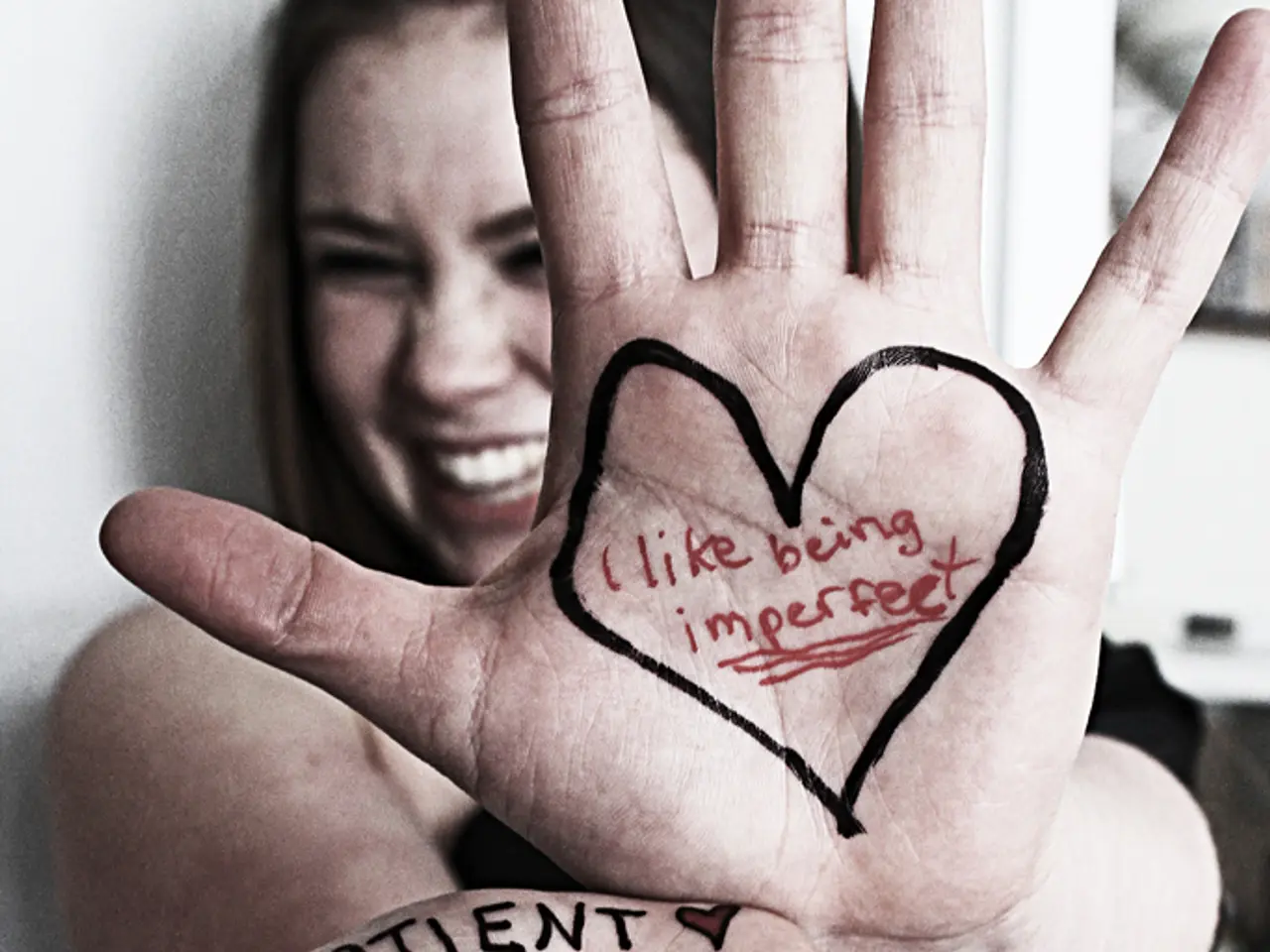Supporting the Mental, Physical, and Social Well-being of Teenage Girls
Exploring Adolescent Wellbeing
Teenage girls face unique challenges that affect their mental, physical, and social well-being. These challenges include higher rates of depression, mood swings, body image issues, and social stressors such as bullying and family instability.
Mental Health Issues
Depression is a significant concern, with about 3% of teenage girls experiencing depression at any given time. Factors such as gender differences, racial/ethnic disparities, academic stress, social media influence, and family dynamics contribute to this prevalence. Mood swings, a common symptom of hormonal changes, can also impact emotional regulation.
Body image and weight misperception are linked to higher risks of depression and suicidal thoughts. Girls tend to overestimate their weight more than boys, intensifying mental health risks. Emotional injuries from social factors, such as bullying, peer exclusion, early relationship distress, and family instability, are common triggers for nervous breakdowns and emotional distress.
Physical Well-being Challenges
The effects of poor sleep, nutrition imbalances, and lack of physical activity can exacerbate emotional and mental health problems. Teen girls should prioritize nutrition, exercise, and sleep for physical health. Healthy snacking can be a great way to meet nutritional needs throughout the day, with options including Greek yogurt, fruit and nut mix, and veggies and hummus.
Social Well-being Challenges
Peer pressure, social media dynamics, academic demands, and family stress all interplay to affect teen girls' social and emotional well-being.
Ways to Support Their Well-being
Support strategies for teenage girls involve a combination of mental health interventions, healthy lifestyle promotion, family and school involvement, and therapeutic services.
Mental Health Interventions
Female-specific group therapy, medication when appropriate, family and systems-based therapy, school-based support plans, and professional health provider engagement are all effective ways to support the mental health of teenage girls.
Healthy Lifestyle Promotion
Encouraging regular physical activity, supporting nutrition and sleep hygiene, and teaching coping strategies like emotional awareness and stress management aids emotional regulation.
Addressing Body Image Concerns
Interventions should target distorted body image perceptions alongside physical health, as this is linked to significant mental health risks.
Creating Safe, Nonjudgmental Spaces
Open, empathetic communication from parents/caregivers helps teens express feelings without fear of dismissal, fostering trust and emotional resilience.
Reducing Social Stressors
Anti-bullying programs and social support networks help mitigate peer-related emotional injuries.
These combined approaches address the unique mental, physical, and social health needs of teenage girls, aiming to empower them with resilience and support during adolescence.
Teenage girls often struggle with mental health issues such as depression, anxiety, and body image concerns, which highlight the importance of integrating mental health interventions, healthy lifestyle promotion, and social support in their well-being support system. Furthermore, addressing mental health issues in teenage girls entails implementing female-specific group therapies, providing school-based support plans, and creating safe and non-judgmental spaces for open communication, all of which aimed at addressing their unique health needs in the areas of mental health, health-and-wellness, and women's health. In addition, promoting healthier lifestyle choices such as proper nutrition, regular exercise, and sleep hygiene, as well as encouraging positive skin care routines, can greatly contribute to their overall well-being, encompassing both mental-health and skin-care aspects.




